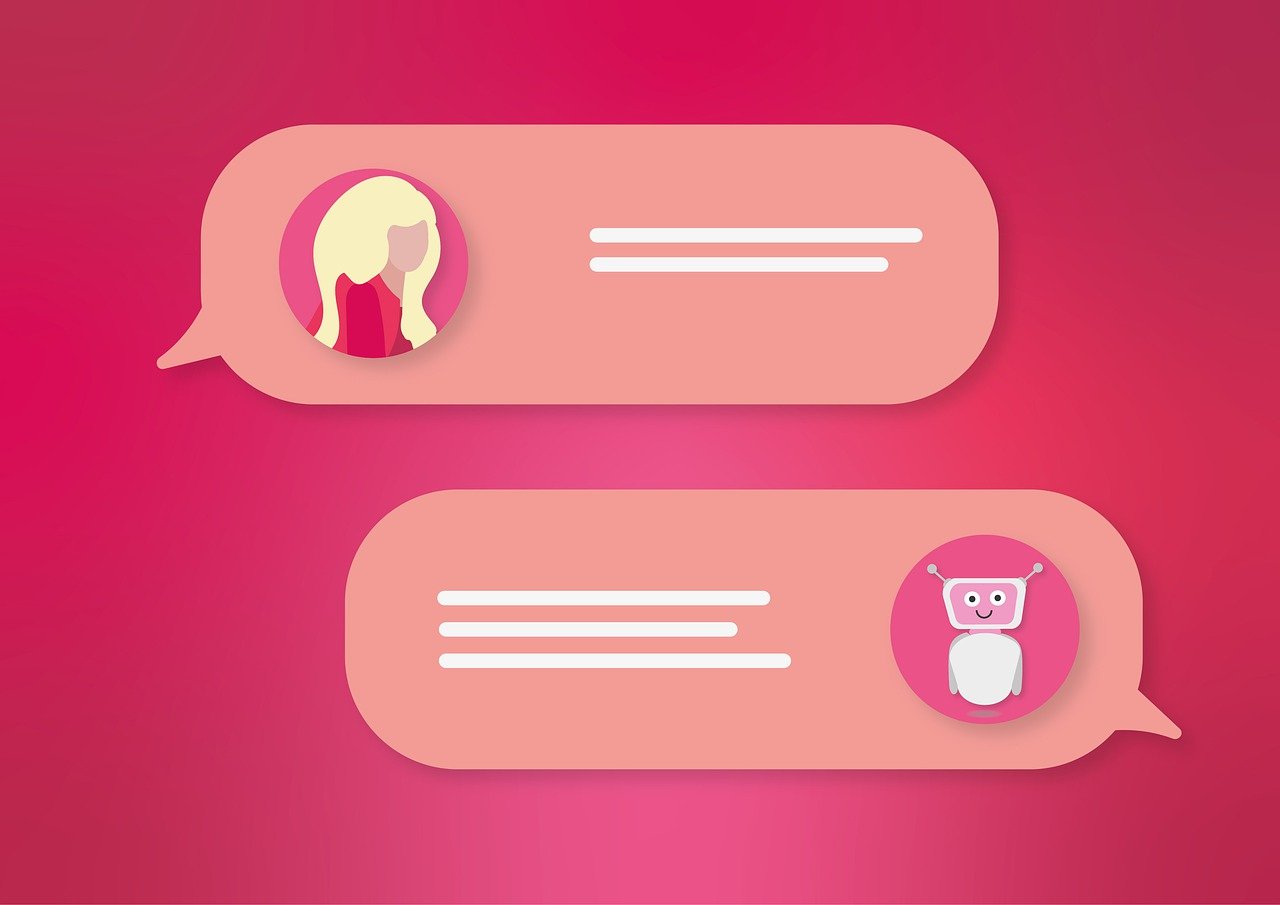In a world where digital marketing is constantly evolving, it is important to stay updated with the latest tools and technologies. One such technology making significant strides is artificial intelligence (AI), and in particular, language models like ChatGPT. This article has been written in collaboration with ChatGPT, my assistant whom I call Bentley.

How a Marketer Can Collaborate with ChatGPT
ChatGPT is not a rival to a marketer; rather, it can be seen as a tool that marketers can use to improve and streamline their work. Here are some ways a marketer can collaborate with the assistant:
- Preliminary work such as generating ideas, creating drafts, or conducting quick research.
- Creating content like blog posts, social media posts and email campaigns, even though the generated content will often need a human touch to be perfected.
- Helping to understand and interpret the results, and suggesting actions based on them.
- Assisting in shaping basic marketing strategies and providing insights into current trends in digital marketing.
What should one know when using ChatGPT?
To effectively use ChatGPT, the user should have a basic understanding of marketing and the specific goals of their campaign.
The clearer and more specific you are when formulating your questions or instructions, the better the result will be.
You should be prepared to review and edit the generated content to ensure that it meets your quality and guideline standards.
It's important to understand the ethical aspects of using AI for content generation, including the risk of plagiarism if the content is not reviewed and adapted properly.
Giving clear and specific instructions to ChatGPT is crucial to get the content you need.
Here are some steps and tips for giving instructions:
First and foremost, be clear about what you actually need. Is it an article, a blog post, social media posts, or something else?
If you need an article, please specify the length, headings, and other formatting requirements. For example: "I need an article on digital marketing with an introduction, three subheadings, and a conclusion."
Is it a formal article, or something more relaxed and conversational? For example: "I want a formal tone with an academic style."
If SEO is important, include keywords or phrases you want the article to focus on. Or rather, ask what keywords or phrases are relevant to the article.
Who is the content for? Is it for beginners, experts, or a general audience?
Examples of instructions
"Can you write an article about the benefits of solar energy for a general audience? It should be around 800 words and include an introduction, three benefits as subheadings, and a conclusion."
"I need social media posts for our new product launch. Can you create five posts with an engaging tone focusing on the product's key features?"
"Can you help me formulate an email message for a campaign targeting existing customers? It should include an introduction, a special offer, and a call to action."
By following these steps and tips, you can give ChatGPT the instructions needed to generate the content you need. This will not only make the process more efficient but also increase the chances of getting the result you are looking for.
Examples of how ChatGPT can be helpful when creating content
Blog posts and articles: The model can help draft blog posts or articles, saving time and effort.
Social media posts: ChatGPT can generate ideas or even entire posts for social media, as well as write a prompt for an image you can use. It can also provide you with relevant #hashtags.
Email campaigns: The model can help formulate email messages for different types of campaigns.
SEO-optimized content: With the right instructions, ChatGPT can generate content that is optimized for search engines.
Questions and Answers: The model can generate a FAQ section for your website or help with customer service by preparing answers to common questions.
Product descriptions: For e-commerce websites, ChatGPT can help write unique and engaging product descriptions.
Content strategy: The model can also help design an overall content strategy, including suggestions on topics, keywords, and types of content to focus on.
The future of marketing will occur with humans and machines in collaboration.
It is unlikely that marketing professionals will become unemployed due to advancements in AI and automation, at least not in the foreseeable future.
Artificial intelligence lacks the ability to understand cultural subtleties, exercise creativity, and think strategically in the way that humans can. Therefore, all materials and tactics created by AI will need human review and possible adjustments to meet the company's quality requirements and objectives.
It's also important to note that there are ethical and legal dimensions in marketing where human insight is indispensable. Establishing and maintaining customer relationships is another complicated process that requires personal interaction.
If marketers regard ChatGPT and similar technologies as aids rather than competitors, they can use these tools to optimize their workflow, engage in more complicated tasks, and ultimately generate greater value for their companies.
|
Author Marianne Vainio Marketing and Administration |

